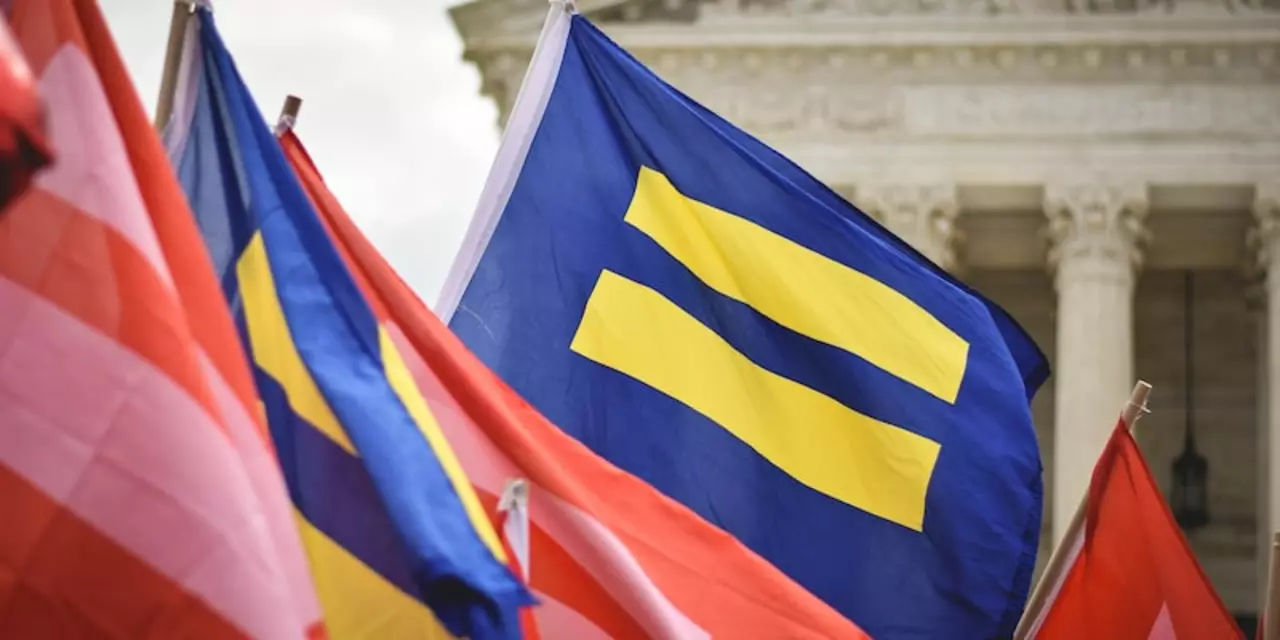Supreme Court: What You Need to Know
The Supreme Court shapes big decisions that affect daily life—rights, taxes, elections, and more. If you read headlines about a "Supreme Court ruling" and wonder what it really means, this page helps you cut through the noise. You'll get quick tips to understand judgments, follow cases, and spot what's actually important.
Why Supreme Court rulings matter
The Supreme Court is the final legal voice in many countries. When it rules, that decision becomes binding on lower courts and public bodies. That means a single judgment can change laws, force policy shifts, or protect rights. So when a case reaches the top court, pay attention—its effects can last for years.
Not every case is headline-worthy. Some decisions fix technical legal points, while others set wide rules. Look for words like "constitutional" or "landmark" in coverage—those usually signal broader impact. Also watch for orders that tell governments to act by a deadline. Those create real-world change fast.
How to read a Supreme Court ruling
Start with the judgment summary. Courts often publish a short summary or press note that says the core decision in plain terms. Read that first. Next, scan the operative part—this is the section that tells what the court actually ordered. Skip long legal histories on the first pass.
Pay attention to who won and why. The majority opinion explains the legal reason for the decision. Separate facts (what happened) from law (why the court decided that way). If there’s a dissent, read its short points to see alternative views. Dissents matter—they can shape future cases.
If a judgment uses unfamiliar terms, look for a one-paragraph explainer. For example, "stay" means the decision is paused; "interim relief" means temporary help while the case continues. These small terms change how immediate the impact is.
Finally, check the date the order takes effect. Some rulings start immediately; others apply after a set time or after further rules are passed.
Want to follow updates? Track daily digest from reliable news outlets, check the official court website for press notes, or use legal reporting services for summaries. Social media can be quick but verify with the court text before sharing.
This tag page collects posts and guides about the Supreme Court—how it works, recent rulings, and practical tips to read judgments. Use it as a starting point when you see a big court story and want to know what actually changed and why it matters to you.

Former J&K interlocutor, others go to top court?
The former interlocutor for Jammu and Kashmir and several other prominent figures have taken their grievances to the Supreme Court. This is in response to the move by the government to scrap Articles 370 and 35A from the state's constitution. The petitioners have requested that the court review the legality of the decision and rule on the matter. The petitioners are looking for a speedy resolution to the case and are hoping for a favorable outcome. With such a high-profile case going to the country's highest court, the future of the state is at stake. It remains to be seen what the court will decide and the implications that this case will have in the long run.
CONTINUE READING




